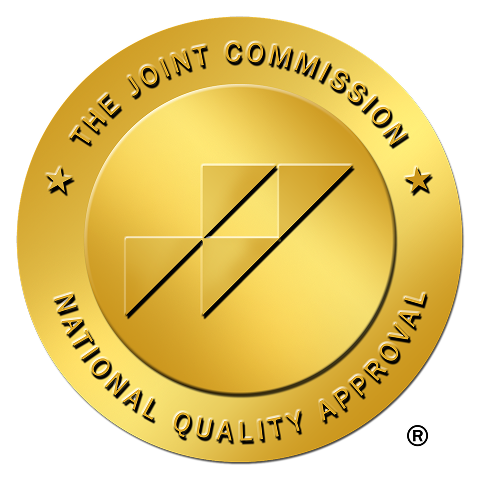Depression Treatmentat Overstory Health
Depression causes lasting sadness, hopelessness, and loss of interest, impairing daily life for two weeks or more. It affects approximately 1 in 6 adults and is a leading cause of disability worldwide.






Comprehensive Care Tailored to Your Needs
Our programs, known as Intensive Outpatient (IOP) and Partial Hospitalization (PHP) Programs, offer an intermediate level of care best suited for those in need of greater support than standard weekly therapy but without requiring a hospital stay. We provide:


Our Approach to Intensive Therapy
Overstory offers expert-reviewed, flexible, and compassionate mental health care tailored to individual needs, with personalized goals and whole-person support.


The Overstory clinical model has been reviewed by a multi-disciplinary team of clinician experts at McLean Hospital.

We offer both in-person and virtual treatment for those in our care, giving you the flexibility to choose what's right for you and your schedule.

Each one of our clients is consulted about individual needs outside of chronic mental health challenges to ensure whole-person care.

We work with you to set treatment goals and monitor your progress, but we recognize that "success" isn't one-size-fits-all. We’re here to define success together.
Frequently Asked Questions
Depression is believed to be caused by a combination of genetic predisposition, chemical imbalances in the brain, and environmental stressors such as trauma, loss, or significant life changes. Psychological factors, including negative thought patterns and personality traits, can also contribute to the development of depression.
Depression is a common mental health condition, affecting approximately 1 in 6 people at some point in their lives. It is one of the leading causes of disability worldwide and impacts people of all ages and backgrounds.
Depression is highly treatable. Through evidence-based individual therapy, group therapy, medication management, and a non-judgemental environment, we’ll give you the tools and treatment to better manage depression and the impact it has on your life.
An Intensive Outpatient Program (IOP) can help treat depression by providing structured treatment with multiple weekly sessions, focusing on individual therapy, group support, and skills development. It offers a more intensive level of care than regular outpatient therapy but allows participants to live at home and continue with daily activities.
A Partial Hospitalization Program (PHP) helps with depression by providing intensive therapy and support, including individual and group sessions, to address symptoms, improve coping skills, and promote stabilization. It offers a structured environment during the day while allowing individuals to return home in the evenings, promoting recovery without the need for 24/7 inpatient care.
Everyday sadness is a temporary emotional response to life events or stress, typically improving over time with little to no interference to daily functioning. Major Depressive Disorder, on the other hand, is a clinical condition characterized by persistent, intense sadness or hopelessness that lasts for at least two weeks and significantly impacts one's ability to function.
Each individual experiences depressive episodes differently and at varying lengths. Treatment length is dependent upon your individual needs, however, with intensive programming and engagement in therapy and skill building, most people see improvement in as little as 2 - 6 weeks. Your team at Overstory will work alongside you to determine the appropriate length of stay for your treatment.

